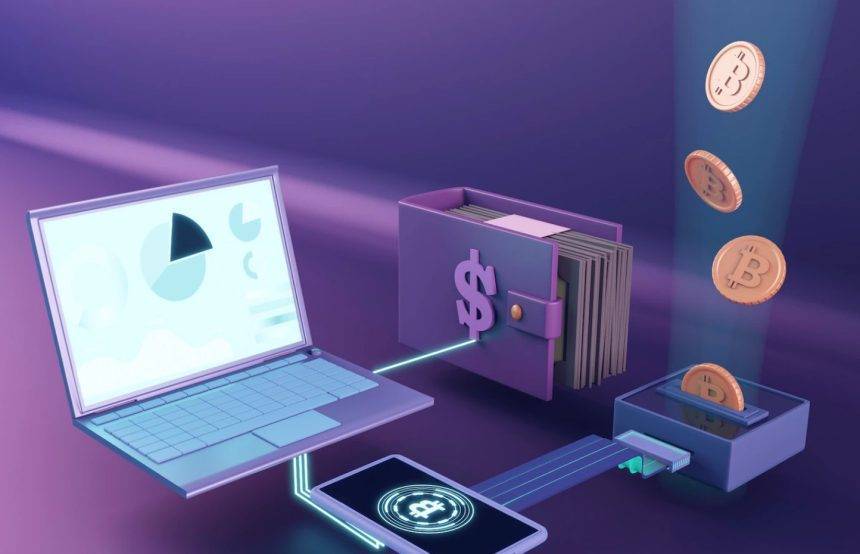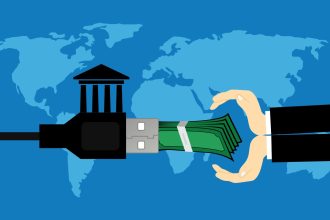There are few feelings as bad as losing your wallet or misplacing money in any way. It’s always important to keep good track of your money and keep it safe so you don’t lose it or just have it stolen. This is also true for cryptocurrencies, but of course, keeping crypto safe isn’t done in the same ways as with traditional money, so we’ll go over the things you should know to be able to do it. It really isn’t as complicated as it may initially seem, we’ll do our best to help you better understand the systems behind keeping your crypto funds secure so that you don’t need to worry as much about losing it in some way. Let’s dive straight into it.
It’s mostly about choosing the correct wallet
Your crypto wallet is where the money is stored, which means it’s the main aspect of keeping it secure. If you choose a poor option then you risk losing all the cryptocurrency you have in a swift fashion to a myriad of different things, from hackers to power surges depending on where and how it’s stored.
We recommend not using the wallets offered by exchanges as those have been a part of large issues in the past. Due to the massive cash flowing through them it isn’t surprising that they’d be eye-catching to hackers. It wouldn’t be the first time that one has been hacked and all the money that users entrusted to the exchange was suddenly gone.
Thus, it’s incredibly important to look at all the pros and cons of different storage options so you can make an educated decision on which is the best for you, as it does vary depending on your situation, it’d be hard to find an umbrella solution that would cover everything.
What are the options then?
To generalize a bit, the 2 options you will be choosing between are hardware and software wallets. They both have their ups and downs and it’s up to you to decide which would be the better fit for you depending on them.
Software wallets are the cheaper and simpler option. There are lots of different ones you could use, but generally, you’ll have less security compared to hardware wallets in almost every case, it’s simply the main tradeoff. If you don’t have a large amount of crypto then these are worth considering as the increased risk is less impactful, but the low cost and practicality are worth it.
Hardware wallets should be your go-to if you’ve got a sizable chunk of crypto. They can cost a few hundred dollars, depending on what you’re getting but once your currency is stored on them they can be disconnected from all other systems and securely kept from would-be hackers or thieves. Their main drawback is the fact that the security systems in place make transactions a bit of a slog, but if you’ve got enough crypto to warrant getting one then the safety more than makes up for this.
Bonus tips for general security
Although wallets are 90% of the formula to keeping your crypto safe, it’s important to keep in mind that simply owning one doesn’t make you immune to getting robbed, so we’ve got a few more rapid-fire tips for you to take home and use.
- A strong password is key for safety
- Private keys and passwords should not be shared
- Two-factor authorization should be used where possible
- Keep at least two back-ups of your wallet in different places
Conclusion
Keeping your cryptocurrency safe might be incredibly confusing at first but as you can see it can be broken down into choosing a wallet and a few extra tips to keep it safe. While this of course isn’t all there is to keeping your cryptocurrency secure it’s the bare minimum and something that everyone should know even if they’re only dipping their toes into trading crypto.
Hopefully, you’ll be less worried about losing your money now and will be able to instead focus on making more of it and adding to the pile. We wish you the best of luck and hope that we’ve helped up your security by a few notches with a simple read.















